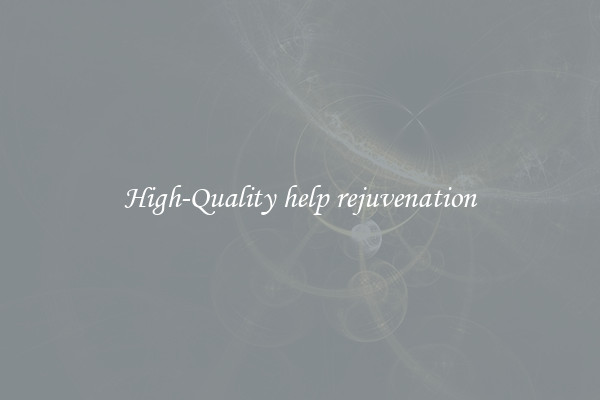Highly Advanced health care equipment and supplies
Health care technology has advanced by leaps and bounds in recent years, leading to the development of highly advanced equipment and supplies that revolutionize the way health care services are provided. These innovations have made it possible for health care professionals to diagnose, treat, and manage a wide range of medical conditions with greater precision and efficiency than ever before.

One of the most significant advancements in health care technology is the development of medical imaging equipment such as MRI machines, CT scanners, and ultrasound machines. These devices allow health care professionals to obtain detailed images of the body's internal structures, helping them to accurately diagnose and monitor a variety of medical conditions. With the use of these advanced imaging techniques, doctors are able to detect tumors, internal injuries, and other abnormalities that may be difficult to detect using traditional methods.
In addition to imaging technology, advances in surgical equipment have also transformed the way surgeries are performed. Robotic-assisted surgery, for example, allows surgeons to perform complex procedures with greater precision and control than ever before. By using robotic arms controlled by the surgeon, these systems enable smaller incisions, reduced blood loss, and faster recovery times for patients.
Furthermore, the development of advanced medical devices has improved patient care and comfort. For example, the use of smart infusion pumps allows for the precise delivery of medications to patients, reducing the risk of medication errors and improving patient outcomes. High-tech monitoring devices also provide health care professionals with real-time data on a patient's vital signs, allowing for early detection of complications and prompt intervention.
Moreover, the introduction of telemedicine technology has made it possible for patients to receive medical care remotely, without the need for an in-person visit to a health care facility. With the use of video conferencing and other communication tools, patients can consult with their doctors, receive diagnoses, and even undergo therapy sessions from the comfort of their own homes.
In conclusion, the advancements in health care technology have significantly improved the quality of patient care and outcomes. With highly advanced equipment and supplies, health care professionals are able to provide more accurate diagnoses, perform complex procedures with greater precision, and monitor patients more effectively. As technology continues to evolve, we can expect even more innovative solutions to be developed, further enhancing the delivery of health care services.

View details

View details

View details

View details








